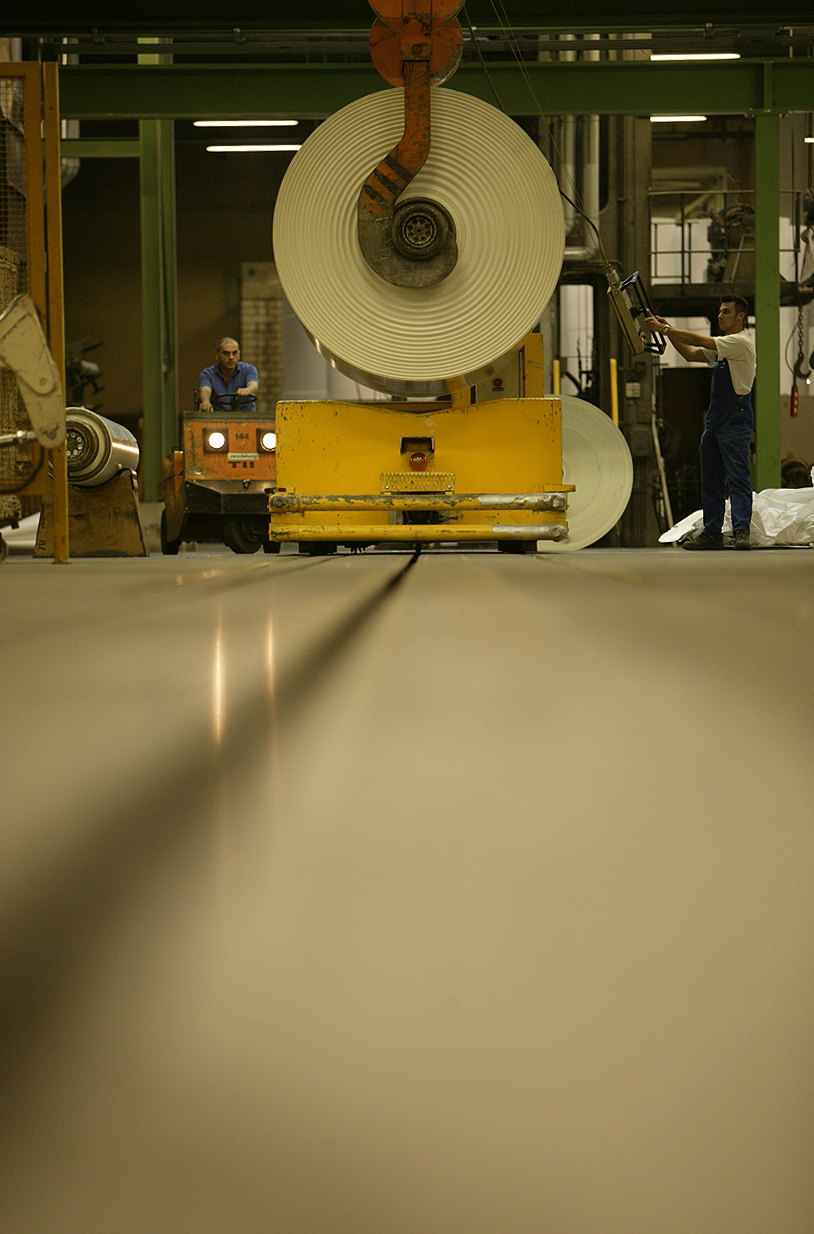-
Published: December 28, 2018, By Christine Pietryla Wetzler
 LENNINGEN, GERMANY | ‘Single-use’ has recently been named the 2018 word of the year by Collins Dictionary. This doesn’t come as much of a surprise, as global attention from policymakers and consumers alike have been heavily focused on petroleum-based plastics and their byproducts that are taking over cities, waterways, and ecosystems around the world. Businesses and investors alike are turning toward alternatives to plastics, while not losing sight of sustainability issues of monoculture based natural paper products. This growing trend can be attested to by Scheufelen paper, which today announced a capital for its grasspaper products.
LENNINGEN, GERMANY | ‘Single-use’ has recently been named the 2018 word of the year by Collins Dictionary. This doesn’t come as much of a surprise, as global attention from policymakers and consumers alike have been heavily focused on petroleum-based plastics and their byproducts that are taking over cities, waterways, and ecosystems around the world. Businesses and investors alike are turning toward alternatives to plastics, while not losing sight of sustainability issues of monoculture based natural paper products. This growing trend can be attested to by Scheufelen paper, which today announced a capital for its grasspaper products.
The history of the Scheufelen paper company can be traced back 250-years to the original paper mills. With proven paper innovations, the company’s latest grasspaper product line is based on papers comprised of 50 percent fresh fibers from perennial fibers, such as sundried grass. By producing the paper with regional, natural, unpulped fibers, the material for the product line consumes 50 percent less carbon, energy, chemicals, and saves approximately 6.000 liters of water per ton over alternative processes.
Compared to chemical cellulose from wood, grassfiber comes at a significantly lower cost. The fresh-fiber based grasspaper can be used for typical graphical applications such as printing products, note pads, books and even office papers, but also for all corrugated and folding box food packaging applications. Because of its bio-based water and fat barriers, it is also capable of replacing food bags, trays, cups, foils, and cards made of plastics. With a packaging industry worth several hundred billion, the potential for the company’s innovative paper and plastic-alternative is not going unnoticed by the financial community.
“Just as people switched from fresh-fiber white paper to recycled paper en masse in the past, we expect people to shift now from plastic and recycled paper bags, trays, packaging foils with their negative health effects to grasspaper, which is cost-competitive with a smaller environmental footprint and less health risks..” said Andreas Rohardt, member of the board of Scheufelen GmbH, who has 30 years of experience in the wood, pulp and paper industry.
 Fresh-fiber products offer health benefits over recycled paper, where mineral oil-based inks can migrate to food through contact and possibly even through evaporation. Switzerland has outlawed the use of food packaging from recycled paper, while China has outlawed the import of recycled paper altogether.
Fresh-fiber products offer health benefits over recycled paper, where mineral oil-based inks can migrate to food through contact and possibly even through evaporation. Switzerland has outlawed the use of food packaging from recycled paper, while China has outlawed the import of recycled paper altogether.
"The ‚closing of the loop’ to the old way of making paper from grass, papyrus and other perennial fibers is encouraging as it reduces the current systems high energy, long supply chains, and water requirements, and allows smaller mills to compete with the current very large, high volume producers,“ said Dr. John Raimondo, a new Scheufelen investor whose family has been involved in the paper industry for 70 years.
"We are happy to have led this investment round and start the process of making the global paper and packaging industry far more sustainable. “ said Jochen Wermuth, founding partner of the Green Growth Fund 2 (GGF2). The recent increase in funding will be used to scale up proven grasspaper production to significant monthly volumes primarily for food and retail applications, according to Scheufelen’s management.
“Our grasspaper product line already offers great ecological value to some of the conscientious forward-looking brands out there,” said Stefan Radlmayr, CEO of Scheufelen Grasspaper. “This new round of investment will help our motivated team to continue on this exciting journey toward producing the most sustainable and at the same time, cost competitive paper products in the industry.”
 LENNINGEN
LENNINGEN Fresh-fiber products offer health benefits over
Fresh-fiber products offer health benefits over  LENNINGEN
LENNINGEN Fresh-fiber products offer health benefits over
Fresh-fiber products offer health benefits over